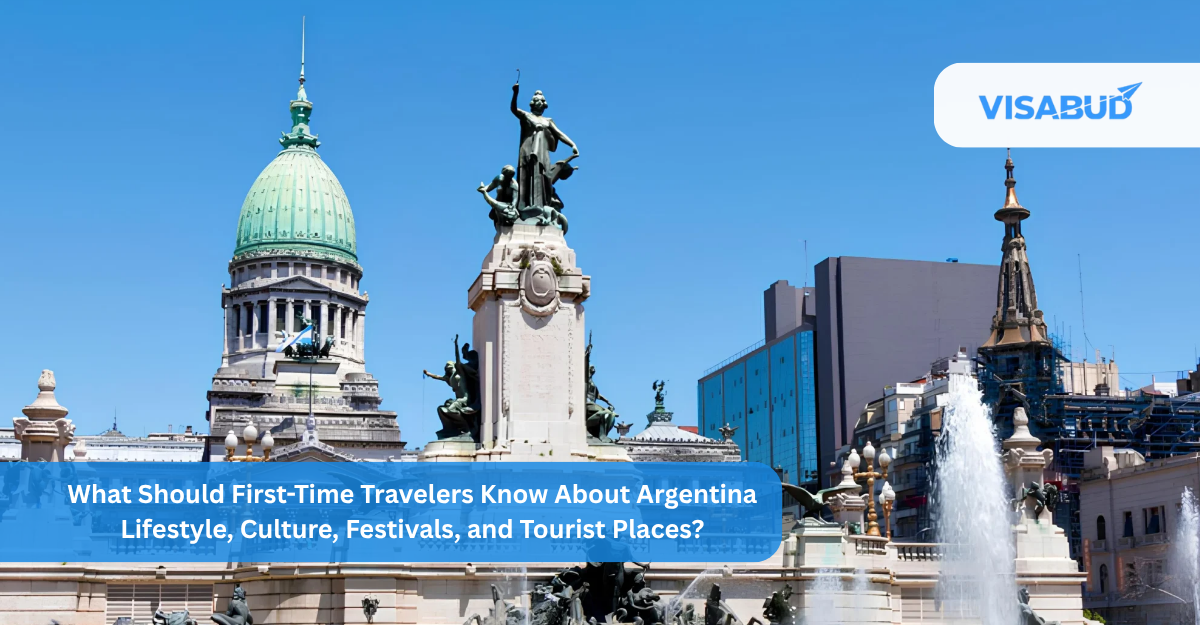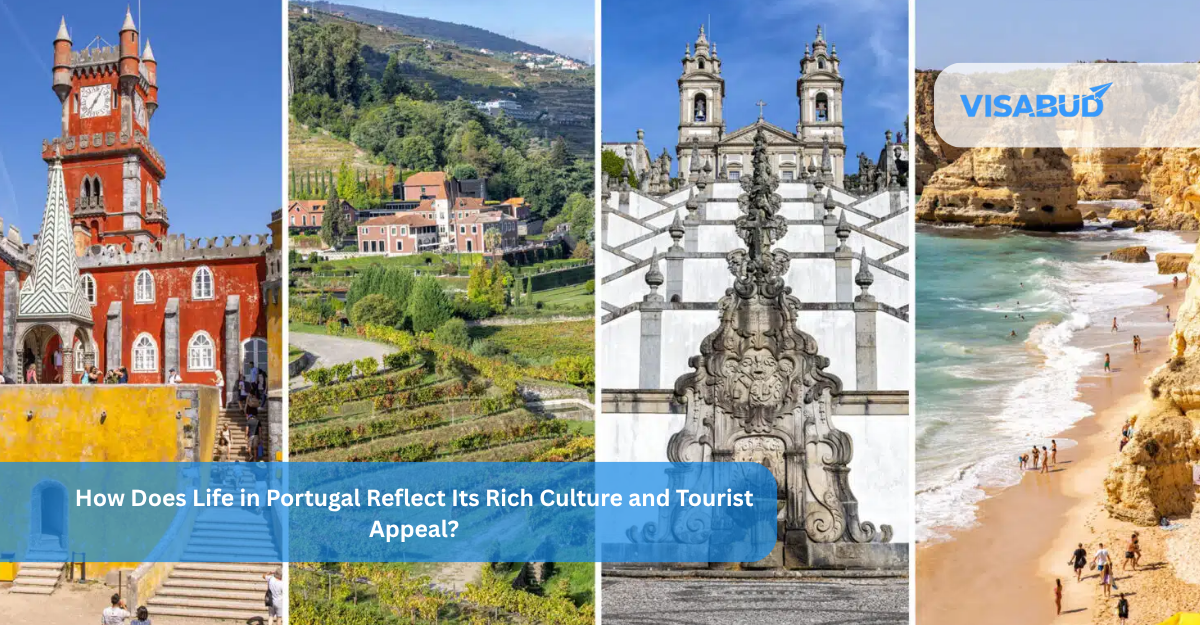Faroe Islands Travel Guide: All you need to know to visit Faroe Islands in 2025
Welcome to Faroe Islands
Located in the North Atlantic Ocean, the Faroe Islands are a self-governing archipelago between Scotland and Iceland. They are an autonomous territory under the sovereignty of the Kingdom of Denmark. The islands are known for their rugged landscapes, rich cultural heritage, and unique way of life.
Geography:
The total land area of the Faroe Islands is approximately 1,399 square kilometers (540 square miles). The Faroe Islands are the world’s 208th largest country/territory by land area. The Faroe Islands consist of 18 volcanic islands, the largest and most populous island being Streymoy. Cliffs, deep fjords, and green valleys characterize the islands. The terrain is generally rocky and covered in grass, heather, and moss. The coastline is dotted with numerous small villages and harbors.
Climate:
The climate of the Faroe Islands is classified as cool maritime subarctic, with mild winters and cool summers being its defining features. The weather is often unpredictable, with frequent temperature, wind, and precipitation changes. The islands are known for their misty and foggy weather, which can envelop the landscape in an otherworldly atmosphere.
Population:
As of 2023, the population of the Faroe Islands is estimated to be around 52,000 people. Most of the population is of Faroese descent, with Danish and other Scandinavian minorities. Faroese, a North Germanic language, is the official language, and most of the population follows Christianity, mainly Lutheranism.
Language in the Faroe Islands:
Faroe language is the official language across the Faroe Islands, a North Germanic language closely related to Icelandic and Norwegian. Faroese is spoken by most of the population and is the formal language used in government, education, media, and everyday communication. Danish is also widely understood and used, as the Faroe Islands are an autonomous territory within the Kingdom of Denmark.
Religion in Faroe Islands:
The dominant religion in the Faroe Islands is Christianity, specifically the Evangelical Lutheran Church of Denmark, Denmark’s state church with an established presence in the Faroe Islands. Most of the population in the Faroe Islands adheres to the Lutheran faith, and the church plays a significant role in the cultural and social life of the islands. The government supports the church and plays a role in important life events such as baptisms, confirmations, weddings, and funerals. Lately, there has been a growing trend towards secularism and a decline in formal religious affiliation, with a smaller percentage of the population regularly attending church services. However, Christian traditions and values continue to influence the Faroe Islands’ culture and way of life. Many Faroese still identify with Christianity as part of their cultural heritage. Other religions, such as Islam and Buddhism, are also present in the Faroe Islands, but in much smaller numbers.
Government:
The Faroe Islands have high self-government and are part of the Kingdom of Denmark. Their parliament, known as the Løgting, has legislative authority over most areas, including education, healthcare, transportation, and fishing. The Faroe Islands also have their flag, postal system, and sports teams. However, foreign and defense affairs are handled by Denmark.
Economy:
The Faroe Islands have a mixed economy, with fishing being the dominant industry. The islands are known for their high-quality seafood, including salmon, cod, and herring, which are exported to other countries. The tourism industry has grown recently, with visitors enjoying the islands’ natural beauty, cultural heritage, and outdoor recreational activities. Agriculture, renewable energy, and creative industries are also important sectors of the economy.
Culture:
The culture of the Faroe Islands is shaped by its remote location, harsh climate, and rich history. Faroese culture is deeply rooted in Norse traditions, with strong connections to nature and the sea. The islands are known for their traditional music, Faroese kvæði, often performed in Capella choirs. Folk dancing and traditional Faroese chain dancing are also popular forms of cultural expression. The islands are also famous for their distinctive knitwear, Faroese sweaters made from locally sourced wool.
Recent History:
In recent years, the Faroe Islands have been focused on strengthening their self-governing status and asserting their sovereignty in international affairs. There have been discussions about potential independence from Denmark, but as of 2023, the Faroe Islands remain an autonomous territory within the Kingdom of Denmark. The islands have also been working on diversifying their economy, investing in renewable energy, and promoting sustainable tourism. The Faroe Islands have gained increasing recognition on the global stage for their unique culture, breathtaking landscapes, and environmentally conscious policies.
Related Articles

5 min read
What Should First-Time Travelers Know About Argentina Lifestyle, Culture, Festivals, and Tourist Places?
If you're thinking about visiting Argentina for the first time, you're probably wondering what life is like there, what festivals to see, and which places you shouldn't miss. This guide
Read More
5 min read
How Traveling Can Improve Your Mental Health and Outlook on Life
Travel isn’t just about snapping selfies or crossing destinations off a bucket list it can actually transform the way you think, feel, and experience the world. Whether it’s a weekend
Read More
5 min read
How Does Life in Portugal Reflect Its Rich Culture and Tourist Appeal?
If you're considering a trip to Portugal or even thinking about living there you're not alone. There's something about this beautiful country that captures people’s attention. Maybe it’s the sunny
Read MoreBefore entering the Faroe Islands, individuals of Indian nationality need a visa. Visas are available from the Faroes Islands Embassy or consulate located in India.
- Choose the Faroe Island visa category you need
- Pay online
- Please send us your documents using our pickup or dropoff service.
- Upon approval, receive your visa
At least six months before travel.
Validity goes up to 90 days but may exceed this, depending on the visa.
Visas upon arrival are available in the Faroe Islands for Indians.
